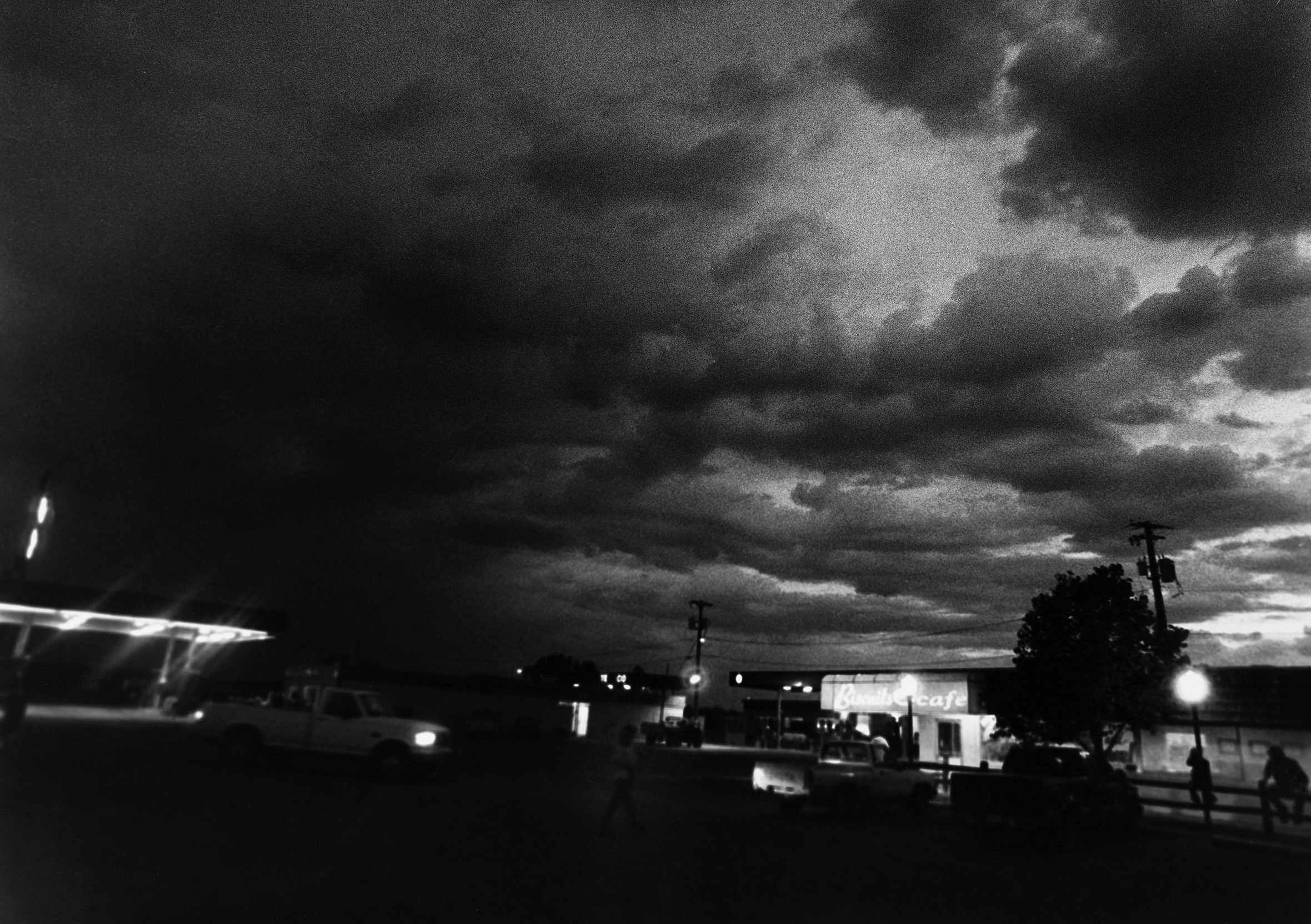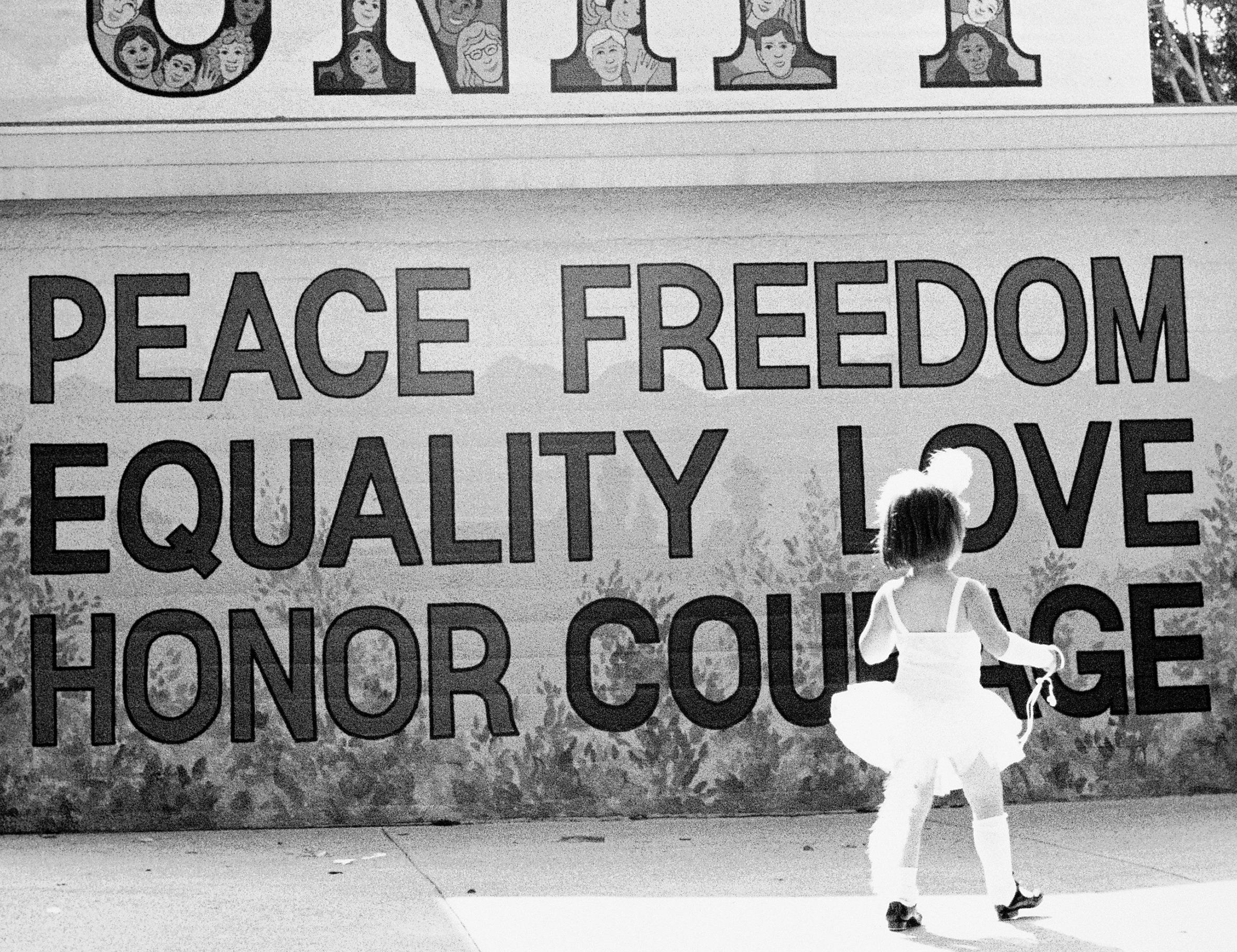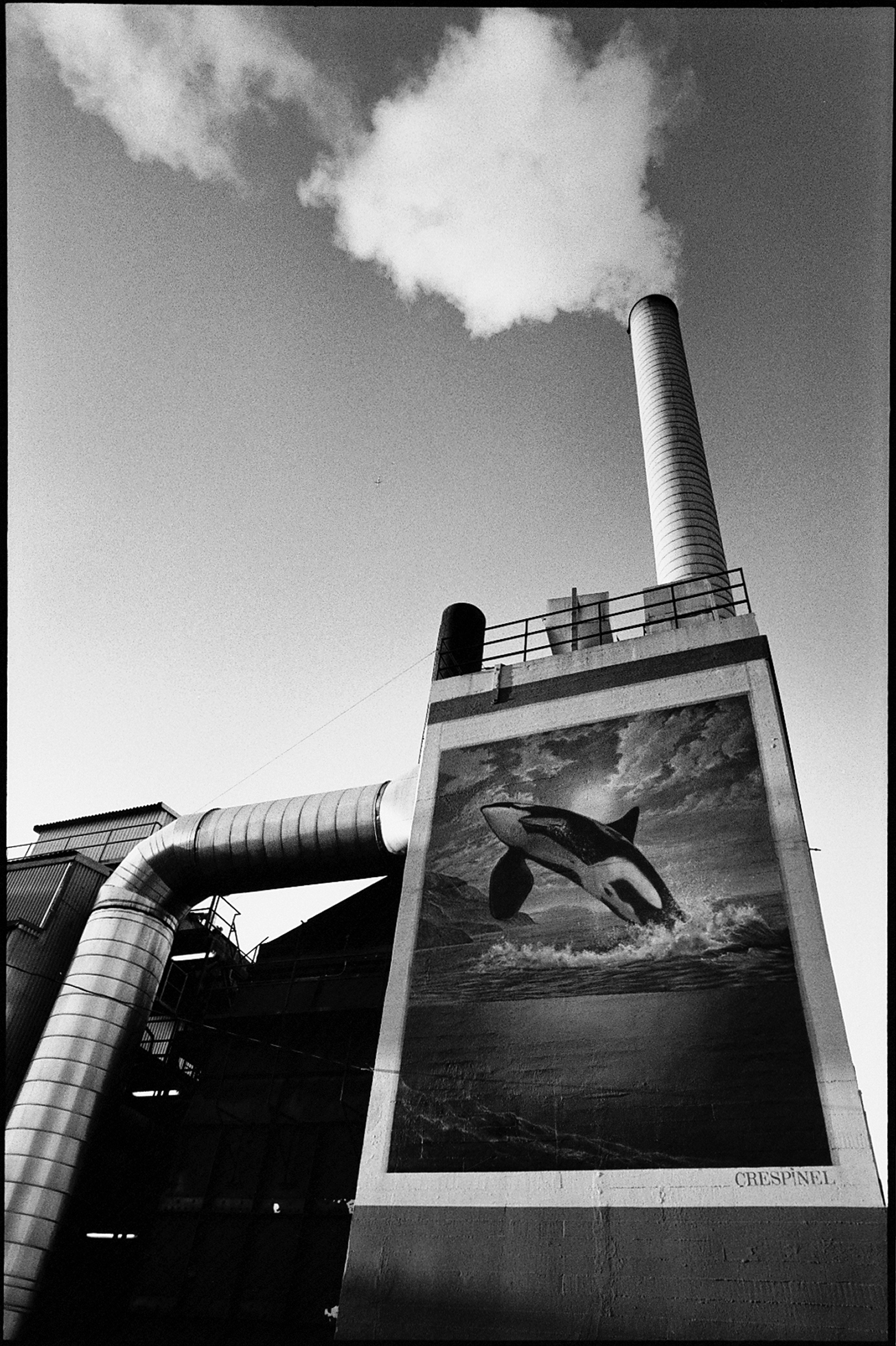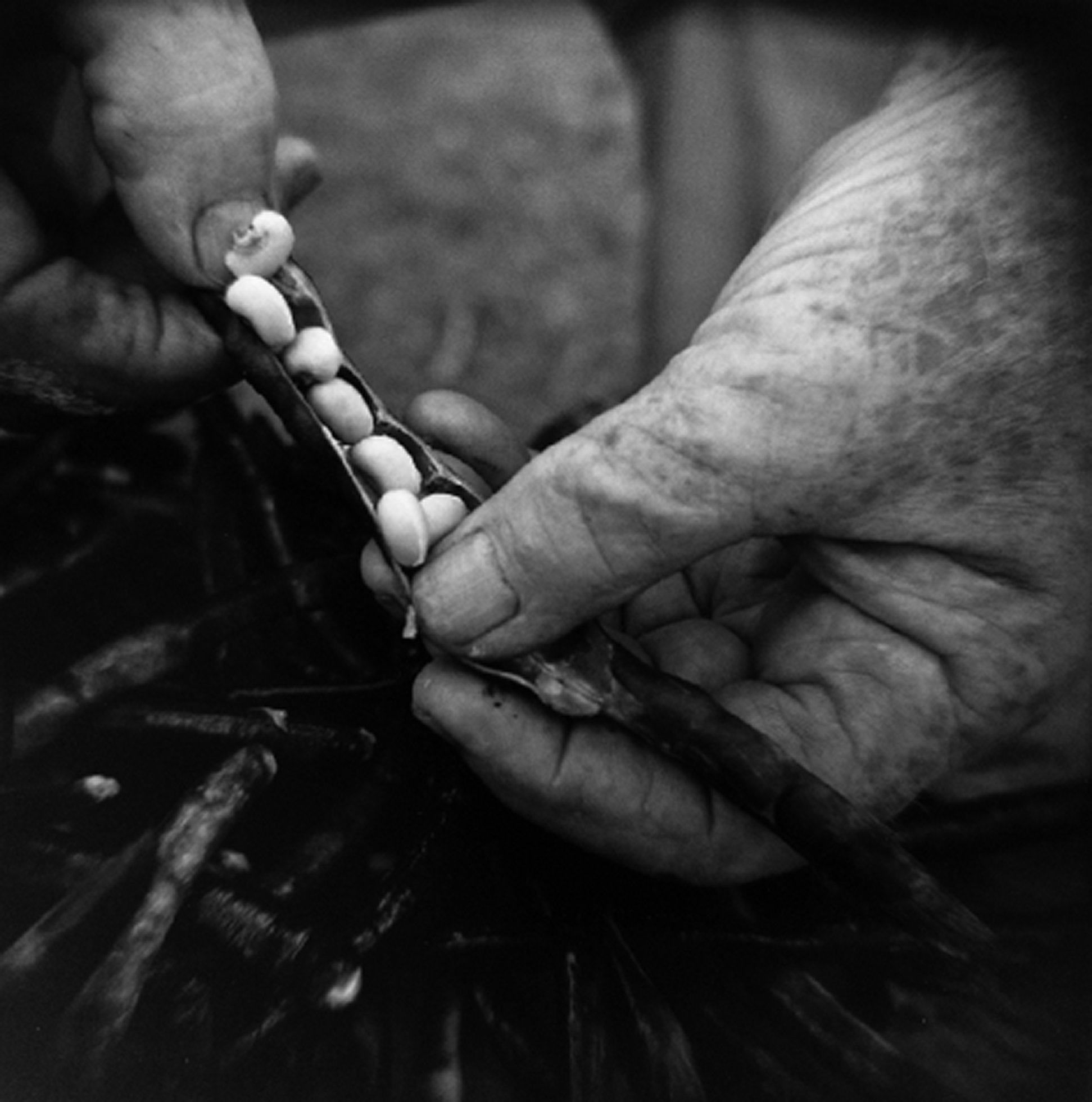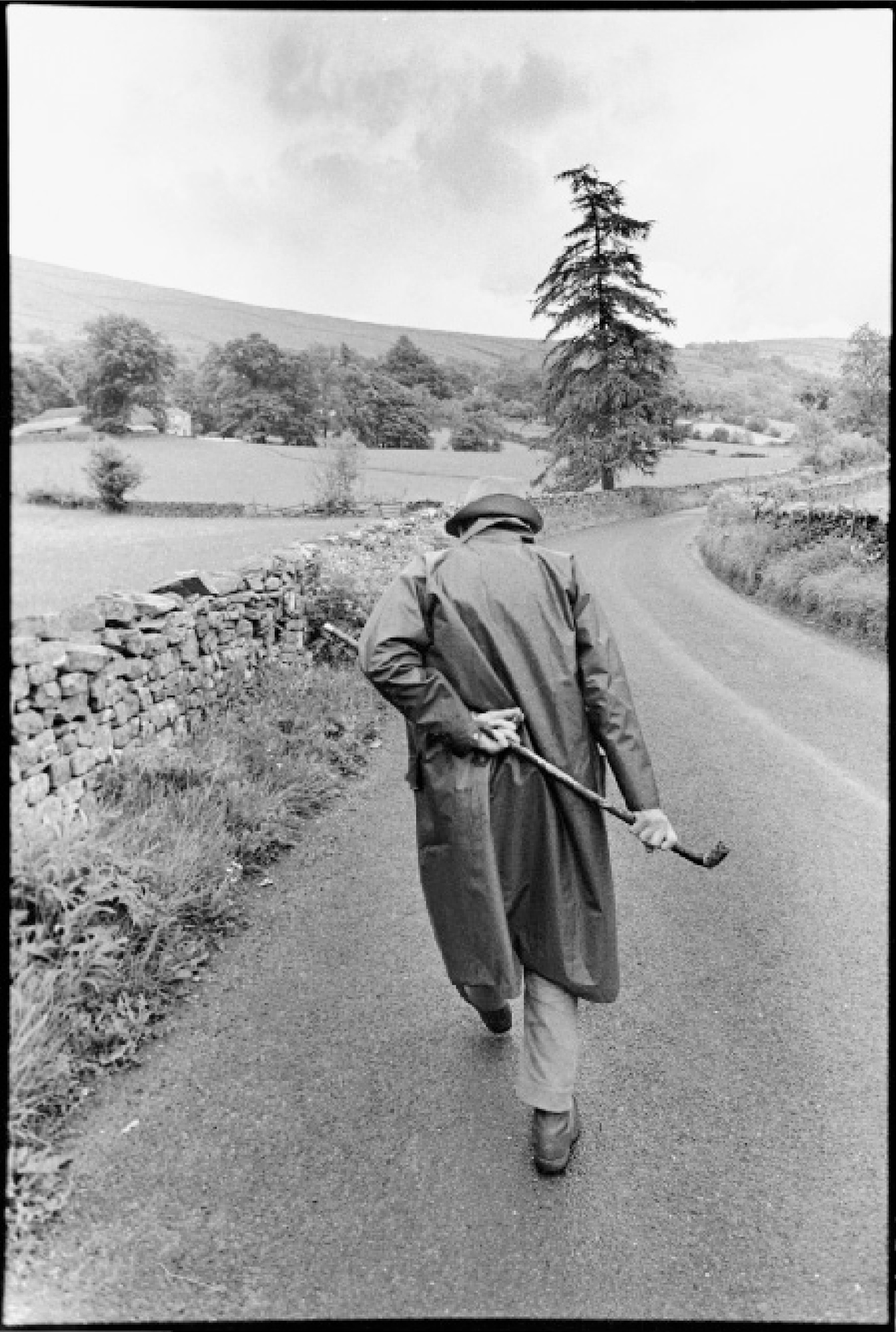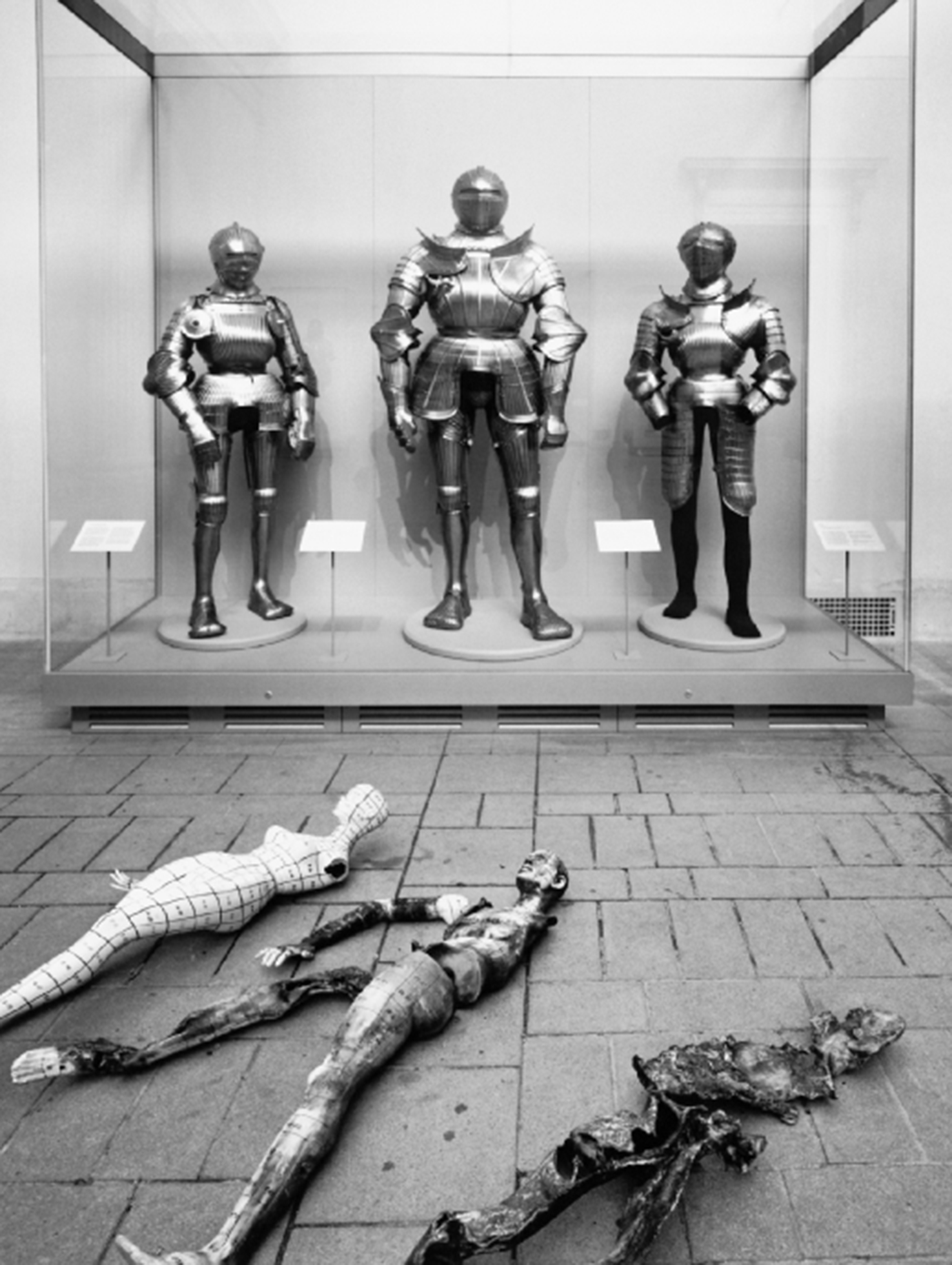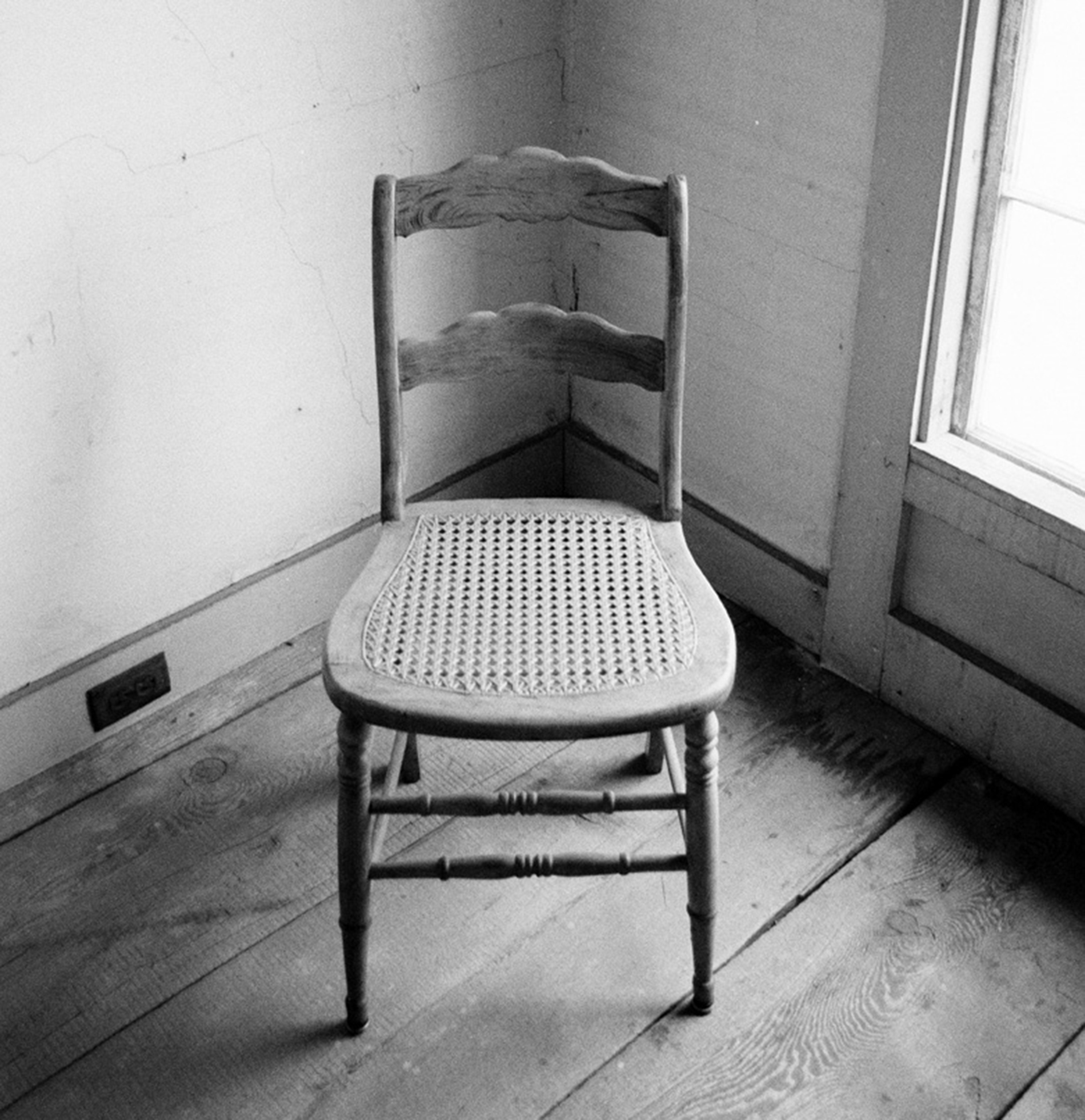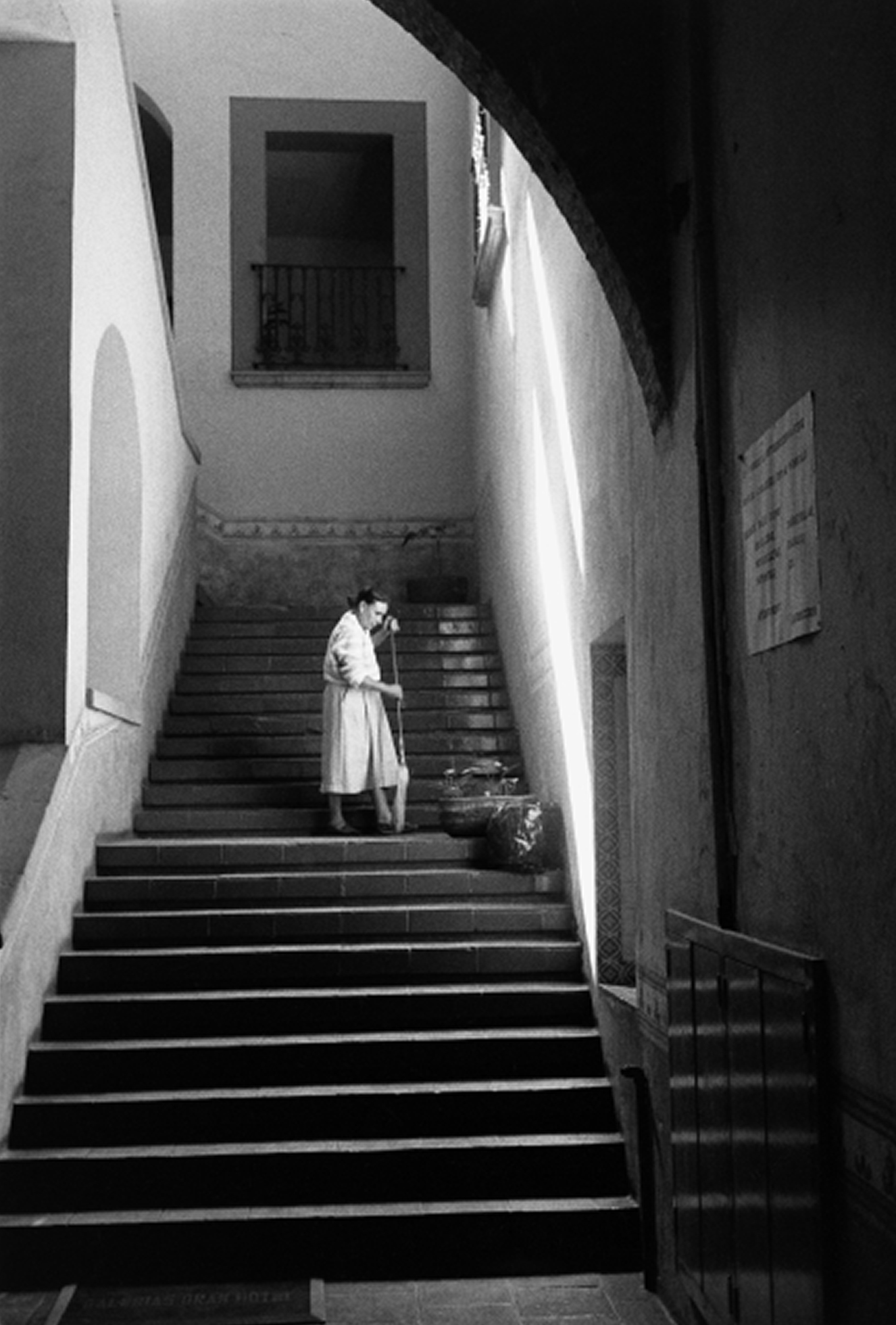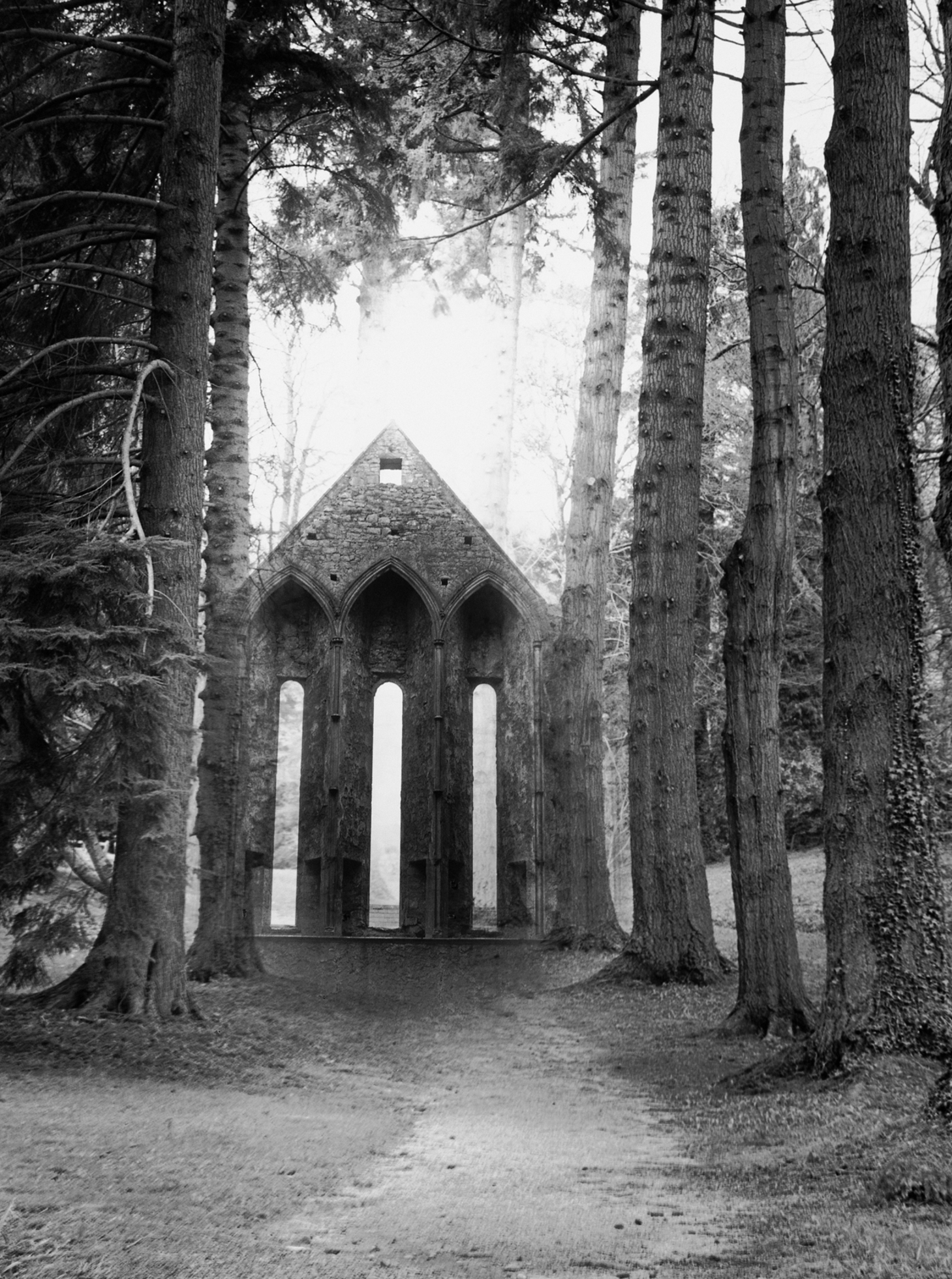Browse Topics
Sustainable Living
An Inquiry Into Living While Walking The Roads Of America, Mexico, And Beyond
There was a great longing and loneliness inside me. And as I delved into this loneliness, I asked, “Is there an ultimate freedom?” I would eventually walk some thirty-five hundred miles of back roads in the United States and Mexico. Having left behind everything I knew, I had nowhere to go, nothing to do but die into this question. I’d never really wished to be an explorer, yet this inquiry moved me to let go of all that was not entirely new and alive. So my walking journey began.
June 2004Idealism
Ghosts of plantation-owner ancestors, sainthood abandoned, a long red scar
December 2003Risky Business
Peter Sandman On Corporate Misbehavior And Public Outrage
I tend to be more passionate about the process of communication than about the outcome. I’m interested in people listening better and talking more and wanting to understand each other’s point of view. I try to eliminate the things that get in the way of that. And it’s a Sisyphean task, because industry people and activists aren’t really talking to each other; they’re doing theater with each other. Whichever side I am working for, I try to find a way for both sides to listen better.
December 2003Earthly Delights
Cultivating A New Agricultural Revolution: An Interview With Michael Ableman
When we focus on regional production and regional distribution, the issues around the use of chemicals and other materials resolve themselves. It’s as simple as standing across the table at the farmers’ market from the person who’s growing your food. Ultimately the basic health of the food system is not about laws; it’s about relationships: interpersonal, ecological, and biological. The people who eat my food don’t need a legislative act to know that what I’m providing is safe to eat. They know me, and they know my farm. That, to me, is the best form of certification. It’s based on outdated ideas like honor and trust.
June 2003Sunbeams
November 2002Myth: we have to save the earth. Frankly, the earth doesn’t need to be saved. Nature doesn’t give a hoot if human beings are here or not. The planet has survived cataclysmic and catastrophic changes for millions upon millions of years. Over that time, it is widely believed, 99 percent of all species have come and gone while the planet has remained. Saving the environment is really about saving our environment — making it safe for ourselves, our children, and the world as we know it. If more people saw the issue as one of saving themselves, we would probably see increased motivation and commitment to actually do so.
Before We Leap
Carolyn Raffensperger On The Revolutionary Idea Of Putting Safety First
The precautionary principle is a simple yet revolutionary idea that turns our culture’s practice of science on its head. It says that, when you have scientific uncertainty and the likelihood of harm, you take preventive or precautionary action. On the most basic level, there’s nothing more to it.
November 2002A Simpler Than Average Life
Details are my delight. In the country, many of the details have minds of their own: lady beetles crowding around, seeking winter hibernacula; knapweed flourishing everywhere; a raccoon and her pudgy kits climbing a cherry tree; a crow japing overhead. All this living, self-willed detail informs me in ways that cities no longer do.
August 2002Beyond Happiness And Unhappiness
An Interview With Spiritual Teacher Eckhart Tolle
If the shift in consciousness doesn’t happen very soon, then there’s not much chance that the planet will continue to survive. Or perhaps the planet might make it, but humans won’t. The planet may regenerate itself after a few hundred years, but humans will have disappeared. Imagine another hundred years of this consciousness, unchanged. Everything will just get magnified: more science, more technology, more weapons, more consumer goods, more of everything — a dreadful prospect.
July 2002Singing To The Dawn
Thomas Berry On Our Broken Connection To The Natural World
If we want to survive and to remember what it is to be human, then we need to establish a viable pattern of activity for the whole earth community. This community should be governed by the principle that every being has three rights: the right to live; the right to occupy a habitat; and the right to fulfill its role in the ever-renewing processes of nature.
May 2002Down To Business
Paul Hawken On Reshaping The Economy
I don’t believe you can train anybody, especially people in business. You can only present and embody ideas. I try to help people understand the idea that valuing and conserving our stock of natural capital can lead to astonishing breakthroughs in processes, products, and design. Again, people move toward possibility. Once they see that we can actually improve the quality of life for everyone on earth by using radically less “life,” they get excited.
April 2002